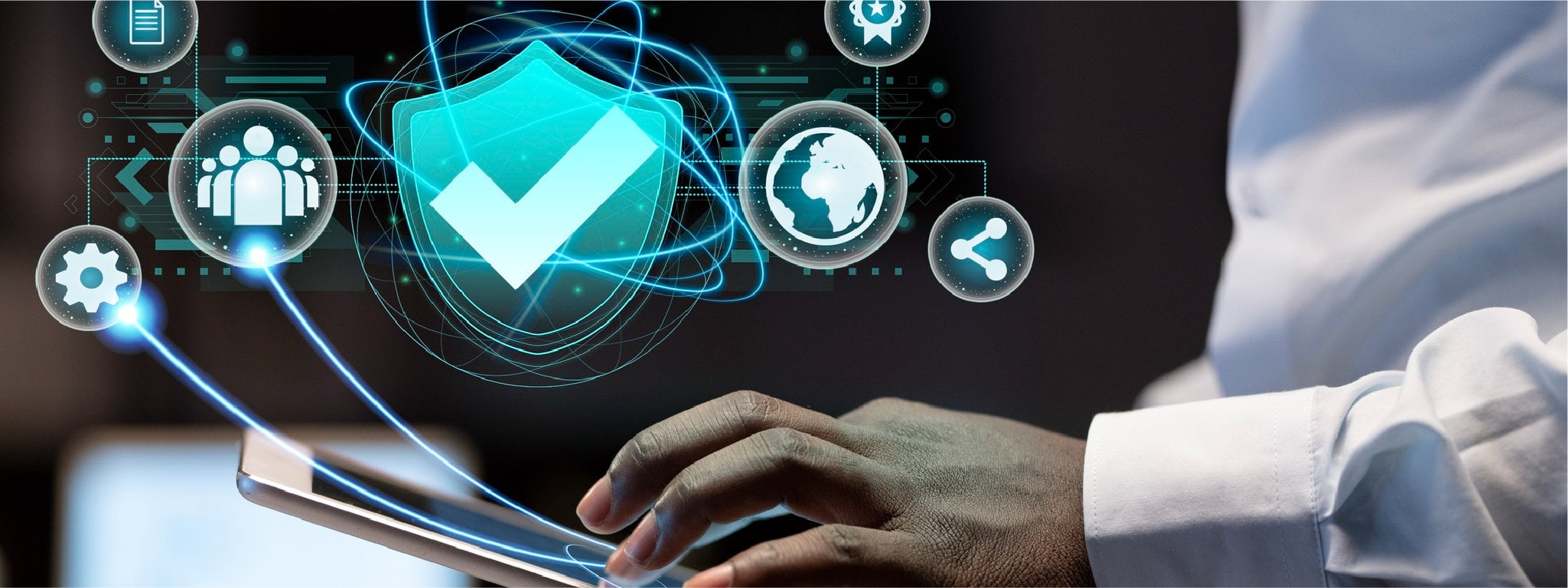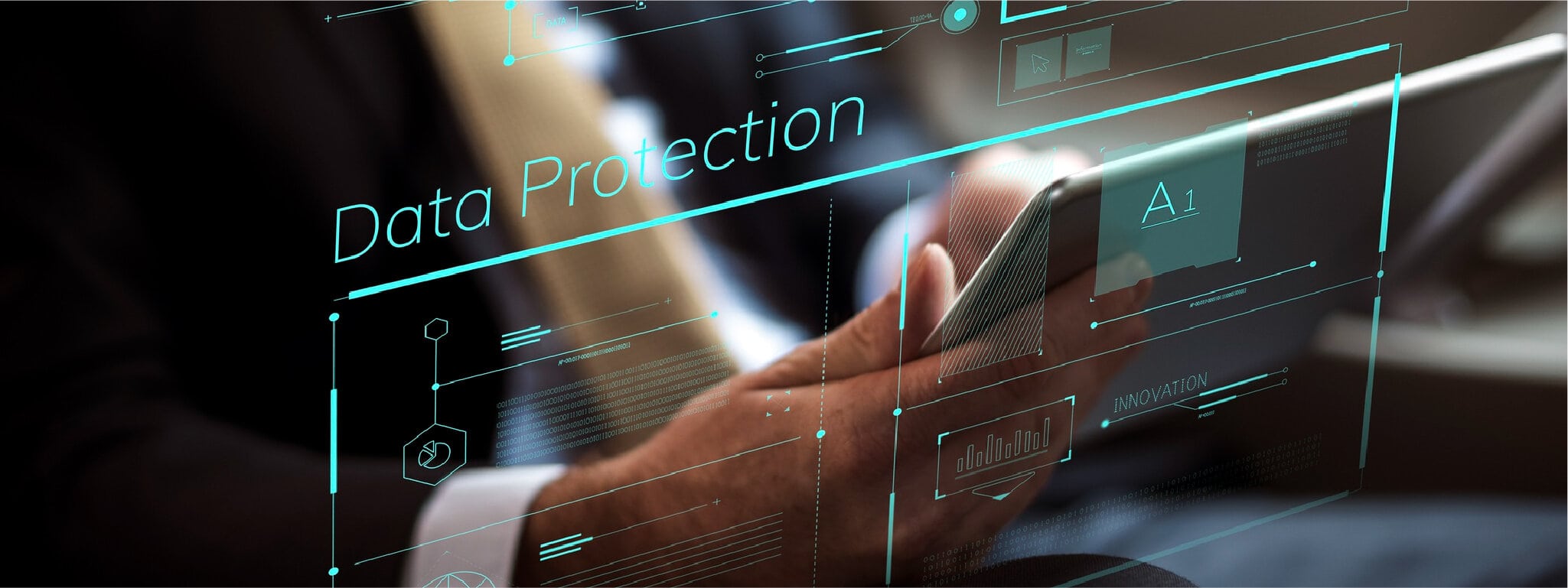Cybersecurity Essentials for Small and Medium-Sized Businesses
In today’s digital landscape, cybersecurity has become an absolute necessity for businesses of all sizes. Small and medium-sized businesses (SMBs) are no exception. While they may not have the same resources as large corporations, SMBs face similar cybersecurity threats and are often more vulnerable due to their limited cybersecurity measures. The consequences of a cyber attack can be devastating, including financial loss, legal issues, reputational damage, and even the potential collapse of the business. To mitigate these risks, SMBs need to focus on building a strong foundation through cyber hygiene, securing network and data assets, and educating employees.

Establishing a Strong Foundation: Cyber Hygiene Best Practices
Cyber hygiene refers to the basic and routine security practices that should be consistently maintained to ensure the best results. By following these cornerstones of good cyber hygiene, SMBs can significantly enhance their cybersecurity posture:
Regular Updates and Patch Management
Hackers are quick to exploit any known security weaknesses or gaps, which is why regular updates and patch management are essential. Software, operating systems, and devices are constantly being updated to address emerging flaws and vulnerabilities. It is recommended to configure device update settings to enable automatic installation and perform regular checks to ensure all updates have been installed. Educating employees about the importance of updates and patches is also crucial.
Strong Password Policies
Passwords continue to be a weak point for many users, leading to major vulnerabilities for businesses. SMBs should implement a robust password policy that requires complex and unique passwords across all devices, software, and networks. Encouraging employees to use password manager tools and avoid storing passwords on easily accessible documents can further strengthen security.
Access Control & Multi-Factor Authentication
Unauthorised access to systems or devices can compromise the best cybersecurity efforts of a company. Implementing access control measures is crucial, including physical access control to business computers and digital access control through user accounts with strong password protection and multi-factor authentication. Only trusted IT professionals and designated personnel should have administrative privileges, and former employee access should be promptly revoked.
Data Backup and Recovery
Having reliable data backups is essential in the face of ransomware attacks and other disasters. SMBs are often targeted by ransomware because they are less likely to have sufficient backups, making them more susceptible to extortion. Regularly testing backup procedures is important to ensure that backups are accessible, usable, and recoverable in times of crisis.

Securing the Network and Data Assets of SMBs
Protecting a business network and data assets requires a multi-tiered effort. Here are some essential strategies that SMBs can implement:
Firewall and Endpoint Detection
Firewall security is crucial for blocking suspicious traffic from entering the network. Most operating systems have a built-in firewall that should be enabled, but additional firewall software can be added for added protection. Endpoint detection response systems (EDR) work in tandem with firewalls to proactively identify and respond to unusual activity, such as ransomware attacks.
Data Encryption
Encryption protects data by making it unreadable to unauthorized users. This is especially important for sensitive data collected from customers, vendors, and others. Laptops should be configured to encrypt data, as they can easily be physically stolen. Ideally, data should be encrypted both at rest and in transit.
Regular Security Audits
Even with all the necessary measures in place, regular security audits are essential to ensure that cybersecurity programmes are working effectively. Audits evaluate the controls, policies, and procedures in place to identify vulnerabilities in data, operational, network, system, and physical security. Promptly addressing any vulnerabilities is crucial to prevent exploitation.
Incident Response Plan
Having an incident response plan is one of the most important cybersecurity measures for any business. It allows for a quick and effective response in the event of a cyber incident, minimising the damage and cost. A well-defined plan should detail the actions to be taken before, during, and after an incident, including roles and responsibilities, action items, and contact information.
Employee Education and Awareness
While technology plays a significant role in cybersecurity, employee knowledge and behaviour are equally important. Educating employees early and often can help them avoid costly mistakes and lapses in judgement. Here are some key areas to focus on:
Social Engineering Awareness
Social engineering attacks, such as phishing, whaling, and business email compromise, continue to be major cybersecurity threats. Employees should be trained to recognise and avoid falling victim to these attacks. They should be cautious when providing sensitive information online, verifying the identity of individuals requesting information, and keeping systems and software up to date.
Phishing Awareness Training
Phishing attempts, where attackers deceive employees to obtain sensitive information, are prevalent. Training employees to recognise and avoid phishing attempts, avoid clicking on unsafe links, verify website security, and routinely change passwords can significantly reduce the risk of falling victim to phishing attacks.
Password and Access Management Training
Educating employees about password management, multi-factor authentication, and access controls is crucial. They should understand the importance of following password policies, creating strong passwords, and reporting suspicious activities. Training should also cover the potential consequences of violating cybersecurity policies.
Device Security
With the increasing use of handheld and portable devices in the workplace, training employees on best practices for device security is essential. This includes explaining acceptable use policies, using encryption for confidential data, password security practices, safe transport and storage of devices, enabling remote device wiping, and avoiding public and unencrypted networks.

Conclusion
In conclusion, the importance of cybersecurity for small and medium-sized businesses cannot be overstated. By establishing a strong foundation through cyber hygiene, securing network and data assets, and educating employees, SMBs can significantly enhance their cybersecurity posture and protect their operations, customer trust, and reputation. SMBS must prioritise regular updates and patch management, strong password policies, access control, data backup and recovery, firewall and endpoint detection, data encryption, regular security audits, incident response planning, and employee education and awareness. To ensure comprehensive protection, seeking the expertise of cybersecurity professionals, like AVOWS, is essential. AVOWS offers comprehensive cybersecurity services, data privacy solutions, and consultation services tailored to your enterprise’s needs. Don’t wait until it’s too late.

